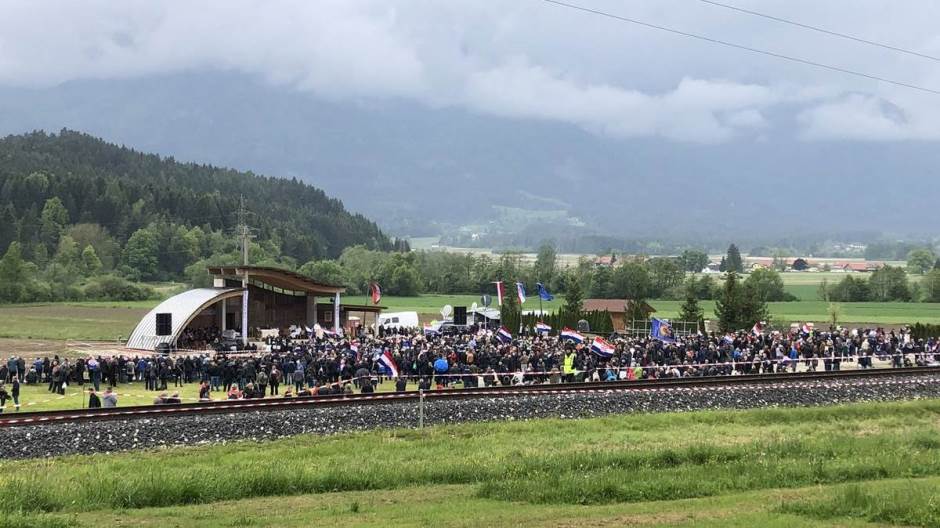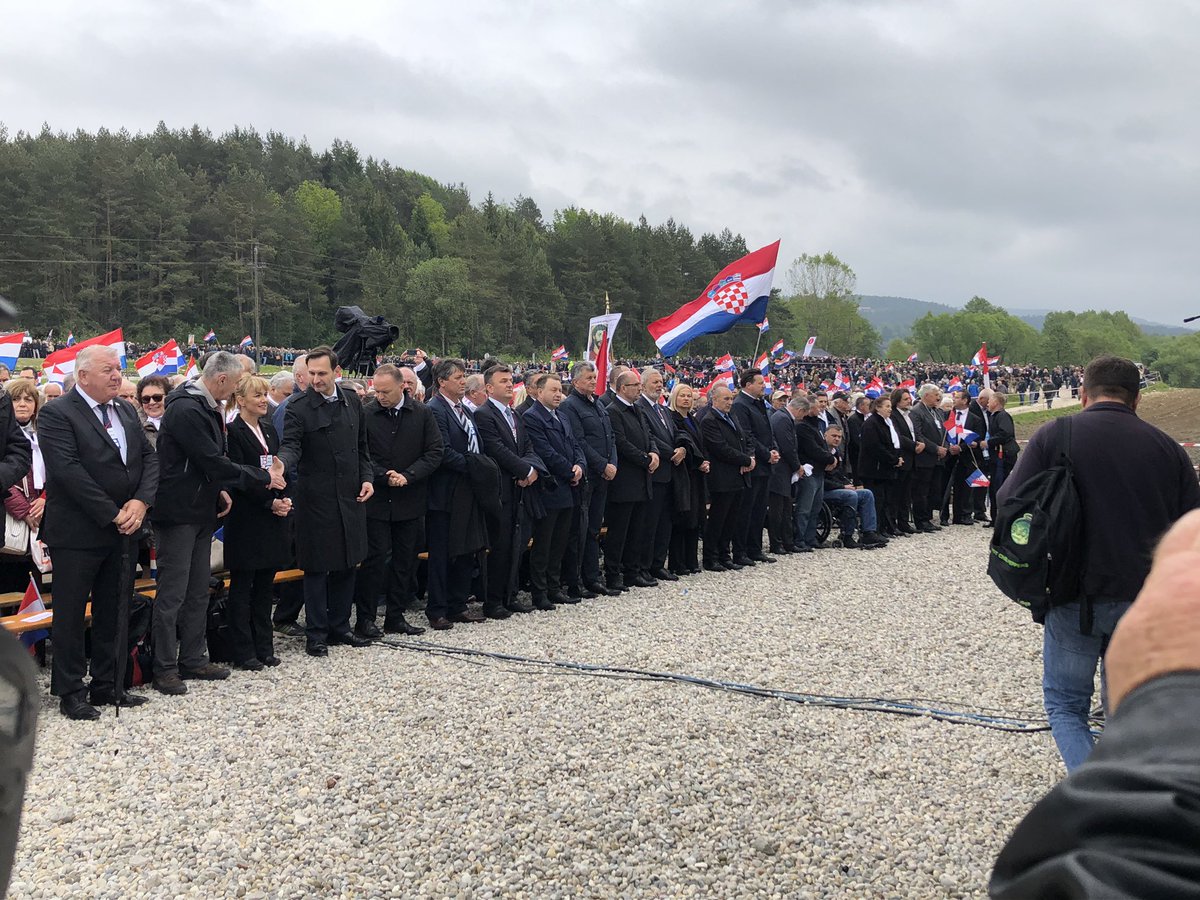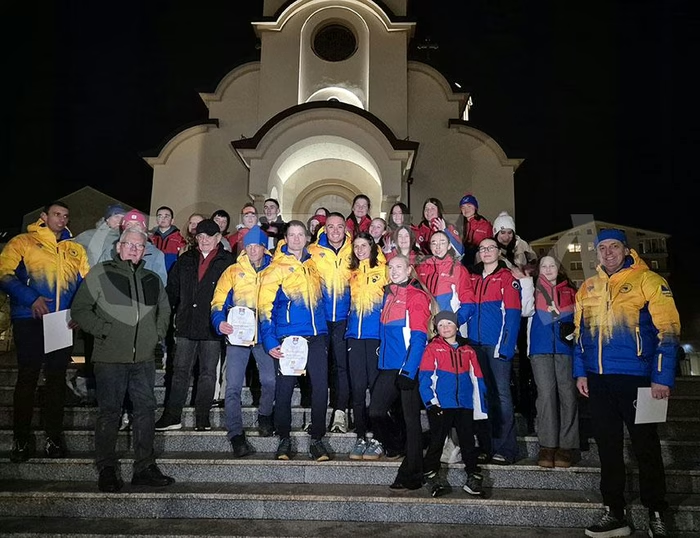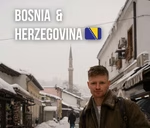
The controversial 74th anniversary of the Bleiburg tragedy began on Saturday at Loibach Field near Bleiburg, Austria, with a prayer at the Croatian grave at the Unterloibach cemetery.
Oglas
Participants will then move to a nearby field where a mass will be served, followed by a prayer for the Islamic faithful and wreath-laying at the monument to the victims.
For the first time, the commemoration will not include political speeches nor the presence of Croatia's top state officials. The gathering has drawn a large number of people, as well as police officers, and the area is full of warnings that everything is under video surveillance.




N1 | N1
Više
N1 | N1
Više
N1 | N1
VišeParticipants are carrying Croatian flags and no banned insignia have been spotted.
Oglas
In March, the Klagenfurt Diocese rejected a request by the Croatian Bishops' Conference to hold mass at the commemoration, saying it was being politically misused and that it had become part of a political-national ritual in the service of a selective interpretation of history.
Media speculated the commemoration may not take place, which prompted Croatian state officials to talk with their Austrian counterparts, after which the it was approved as a public gathering.
Croatian Parliament Speaker Gordan Jandrokovic on Thursday laid wreaths at the monument in the Loibach field, saying he came to pay tribute to all victims and dismissing what he described as attempts to politicise his act. He said he did not come to downplay the nature of the WWII Ustasha regime.
Before visiting Bleiburg, Jandrokovic and his associates laid wreaths at monuments to people killed in the aftermath of WWII at the Dobrava cemetery near Maribor, Slovenia, and they are expected to lay wreaths on their way back to Croatia at Macelj, a town on the border with Slovenia.
Oglas
A week before, Croatian President Kolinda Grabar-Kitarovic lit candles and laid flowers at memorials at Bleiburg and at Macelj and Huda Jama in Slovenia, paying her respects to those killed in May 1945.
The organiser of the commemoration, the Honorary Bleiburg Platoon, called on everyone not to display Ustasha symbols or use salutes or insignia that are banned by Croatian and Austrian law.
The Croatian government's envoys at the commemoration are ministers Lovro Kuscevic and Tomo Medved.
Last week, antifascist associations from Croatia, Slovenia, Austria and Italy held a rally in Bleiburg, asking the Austrian government to ban the commemoration, which they said was "an event that is being promoted as a gathering of believers who want to pay tribute to innocent victims killed in the aftermath of WWII," but "is nothing but a lament for the failed Ustasha para-state."
Oglas
They said the Austrian government had the duty to ban the rally under its constitution and in compliance with the European policy of fighting fascism and neo-fascism.
Kakvo je tvoje mišljenje o ovome?
Učestvuj u diskusiji ili pročitaj komentare
Oglas
Kakvo je tvoje mišljenje o ovome?
Učestvuj u diskusiji ili pročitaj komentare
Oglas





 Srbija
Srbija
 Hrvatska
Hrvatska
 Slovenija
Slovenija



























































